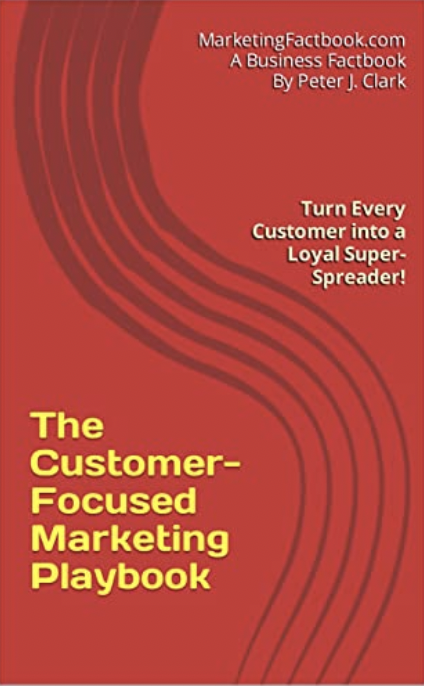Companies not doing enough for loyalty, study finds
Most American consumers report that quality customer service is more important to them in today's economic environment (61%) and will spend an average of 9% more when they believe a company provides excellent service, according to research by American Express.
However, in a challenging economy where growth is harder to achieve, many businesses are failing to take advantage of what seems to be a growing opportunity. Only slightly more than one third of Americans (37%) believe that companies have increased their focus on providing quality service, while 27% feel that businesses have not changed their attitude toward customer service, and 28% feel that companies are now paying less attention to good service.
The 'American Express Global Customer Service Barometer' was conducted in the US and eleven other countries, and found that although consumers are clearly focused on getting good value for money, many will spend more with companies that deliver excellent service.
Perhaps not surprisingly, nine out of ten Americans (91%) consider the level of customer service important when deciding to do business with a company. But only one quarter (24%) believe companies value their business and will go the extra mile to keep it.
Most consumers feel that businesses could do more to retain their loyalty. For example, 48% feel that companies are helpful but don't do anything extra to keep their business, and 21% believe that companies take their business for granted.
According to American Express executive vice president Jim Bush, customers are spreading the word willingly and widely when they experience good service. In fact, contrary to conventional wisdom, customers are more inclined to talk about a positive experience than complain about a negative one.
Three-quarters (75%) are very likely to speak positively about a company after a good service experience, in contrast with 59% who are very likely to speak negatively about a company after poor service.
Good service experiences also carry more weight than bad ones when Americans make future spending decisions. Consumers are far more likely to give a company repeat business after a good service experience (81%) than they are to never do business with a company again after a poor experience (52%).
In fact, consumers say the three most influential factors when deciding which companies they do business with include personal experience (98%), a company's reputation or brand (92%), and recommendations from friends and family (88%).
Nearly half (48%) of consumers report always or often using an online posting or blog to get others' opinions about a company's customer service reputation. But when consumers go online they're looking for "watch outs", saying they put greater credence in negative reviews on blogs and social networking sites than on positive ones (57% and 48%, respectively).
"The internet has made service quality more transparent than ever before," explained Bush. "In the online space, positive recommendations are important, but people often give more weight to the negative. Because consumers can broadcast their views so widely online, each and every service interaction a company has with its customers becomes even more crucial. Developing relationships with customers, listening to them, anticipating their needs, and resolving any issues quickly and courteously can help make the difference."
A negative service experience is an important factor for most Americans, as 81% have decided never to do business with a company again because of poor customer service in the past. When asked how many poor experiences they allow, half of all Americans (50%) reported it takes two poor service experiences before they stop doing business with a company.
Importantly, consumers are far more forgiving if a company has earned their trust over time. Almost nine-in-ten consumers (86%) report they're willing to give a company a second chance after a bad experience if they've historically experienced great customer service with that company.
But companies who get it wrong should realise that there is a significant cost attached, as half of consumers (52%) expect something in return after a poor customer service experience - beyond resolving the problem - and most (70%) want an apology or some form of reimbursement.
But what will consumers pay for excellent service? Interestingly, the average percentage increase in spending that consumers are willing to provide in return for good service were fairly similar across countries:
- India: 11%
- Japan: 10%
- US: 9%
- Italy: 9%
- France: 8%
- Australia: 8%
- Mexico: 8%
- Spain: 8%
- UK: 7%
- Canada: 7%
- Germany: 7%
- Netherlands: 7%
Sources: American Express Company / The Marketing Factbook.
Copyright © 2010 - 2025 The Marketing Factbook.
Categorised as:
- Customer Experience
- Customer Loyalty
- Knowing The Customer
- Marketing Know-How
- Marketing Technology
